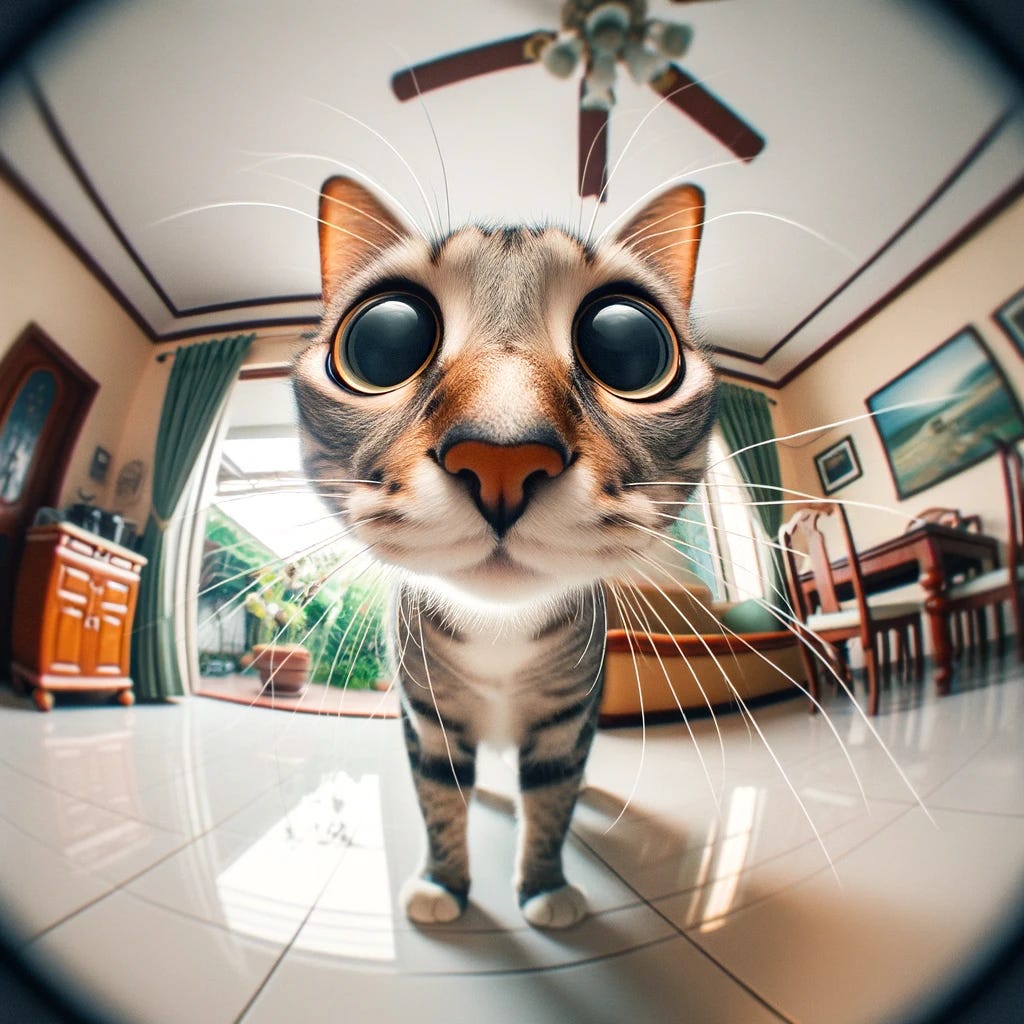Curiosity Won’t Kill This Cat - Nishka Kulkarni
Curiosity Won’t Kill This Cat - Nishka Kulkarni - Grade 8 - Pune, India
Aaaand summer has arrived!!! I, for one, am super happy to receive a nice break from school. Summer is a time where students finally have a whole month full of freedom, where we temporarily escape the chains of seemingly endless servitude. I’m sure I’m not alone in this thought.
A lot of people like to relax during these holidays - spend time with family, friends, visit places, read books, watch movies. There are two genres that are extremely popular amongst teenagers: mystery and crime. Here’s my theory on why.
I believe that if you peel away all of your memories, past experiences, current opinions, and thoughts, you will still find that at the end of the day, the human brain is hungry. The following passage is cited from the Harvard Graduate School of Education, and will hopefully give you an insight into the point I’m making:
According to cognitive scientist and researcher Elizabeth Bonawitz, curiosity is innate in all humans — a sensation much like hunger or thirst. “Curiosity acts as a kind of filter you put over the world to help the mind decide what information to attend to,” she says. “It’s a physiological response that helps drive action and decision-making to support learning.”
Okay, Nishka. So humans are naturally curious and curiosity isn’t something that can be taught - great info! But how do you think this revelation is related to the popularity of genres such as mystery and crime?
Amazing question, my fictional audience! Allow me to explain. If we, as humans, have an innate desire to explore and learn, these genres provide us with a great mental treadmill to exercise our brain on. After all, what do our brains do when we are watching a murder mystery or crime drama? They engage in deductive reasoning. Aka, we try to solve the mystery on our own. And the thrill, the adrenaline, the actual entertainment and pleasure received from engaging in this activity, is when the TV show drops clues, right in our faces, and we try to figure out what they mean on our own. When we try to deduce who the real antagonists are before the protagonist in the TV show figures it out themselves. We unknowingly compete with the fictional or nonfictional protagonist to find the answer to the mystery, the puzzle, the game.
So not only do our brains enjoy snacking on these genres because of our innate, irrepressible curiosity and desire to learn, but also, because it’s in our nature to want to win, to crack the code first.
But I have a question now. Why don’t we all apply these innate desires to other, more productive areas which are equally, if not more, mysterious? I mean, there are so many mysteries and challenges in real life, from black holes, to creating sustainable products, to time travel, and there are clearly more people watching TV than uncovering the mysteries of the universe.
Why is this so? Is it because of the stereotype we’ve created that movies are supposed to always be fun and a source of entertainment, while science and math are boring and full of facts and numbers?
I still don’t have a concrete answer to my question and it’s something I think we should all think about. Perhaps, we are going through the process of devolution here. We tend to be satisfied by these quick fixes in the form of movies and entertainment. We’ve dumbed ourselves down, and closed our minds to the greater conundrums and enigmas of the universe, which we might be able to solve if we just try.




